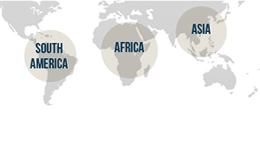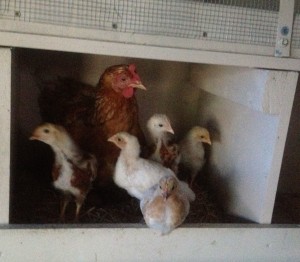China – Bird Flu 2013
April 10th, 201315.4.13 Avian Influenza Update
As of 15 April, the World Health Organisation ( WHO) reports that a total of 60 cases have been laboratory confirmed with influenza A(H7N9) virus in China, including thirteen deaths.
Cases have been reported primarily from Shanghai City (Shanghai Province) with additional cases reported from Chuzhou City (Anhui Province); Nanjing, Suqian, Suzhou, and Wuxi cities (Jiangsu Province); and Jiande and Hangzhou cities (Zhejiang Province) since mid-February 2013. WHO and U.S.
These are the first human cases of avian influenza A(H7N9) ever reported. This is a new mixing of two flu viruses known as H7 and H9. These viruses are normally a non serious type of bird influenza.
There is no link between the cases, so there is no evidence of spread from person to person ( that means travellers cannot catch it sitting on a bus or walking past someone in the shopping centre).
It is believed that there is an outbreak of this disease in BIRDS – especially poultry. The infected cases have caught it from close contact with birds.
There is no evidence of human-to-human transmission and more than 600 close human contacts are being monitored.
Testing for the virus has been positive in some chickens, quail, and pigeons. Culling of poultry is taking place, and some poultry markets are banning live birds from outside districts, or are temporarily closing.
Travellers should avoid places where direct contact with birds, pigs, or other animals and/or their secretions may occur, such as live animal markets and poultry farms. Though well-cooked poultry is considered safe to eat, visual assessment of such is difficult, so travellers should avoid consumption of all poultry in China at this time.
Any traveller with respiratory symptoms returning from China should wear a face mask and seek immediate medical care, informing the doctor of his or her travel history.
No vaccine is currently available for this subtype of the influenza virus. However, persons visiting China are recommended to have the regular influenza vaccine. This will decrease the chance of persons catching influenza, which may be mistaken for this strain of avian influenza. Influenza is a serious disease that is often under appreciated by the general public. About 1,500 to 3,500 Australian’s die from influenza and its complications each year.
Preliminary test results provided by the WHO Collaborating Centre in China suggest that the virus is susceptible to oseltamivir (TAMIFLU) and zanamivir.
There is no need to cancel trips to China, or come home early from China. WHO does not advise special screening at points of entry with regard to this event, nor does it recommend that any travel or trade restrictions be applied.




